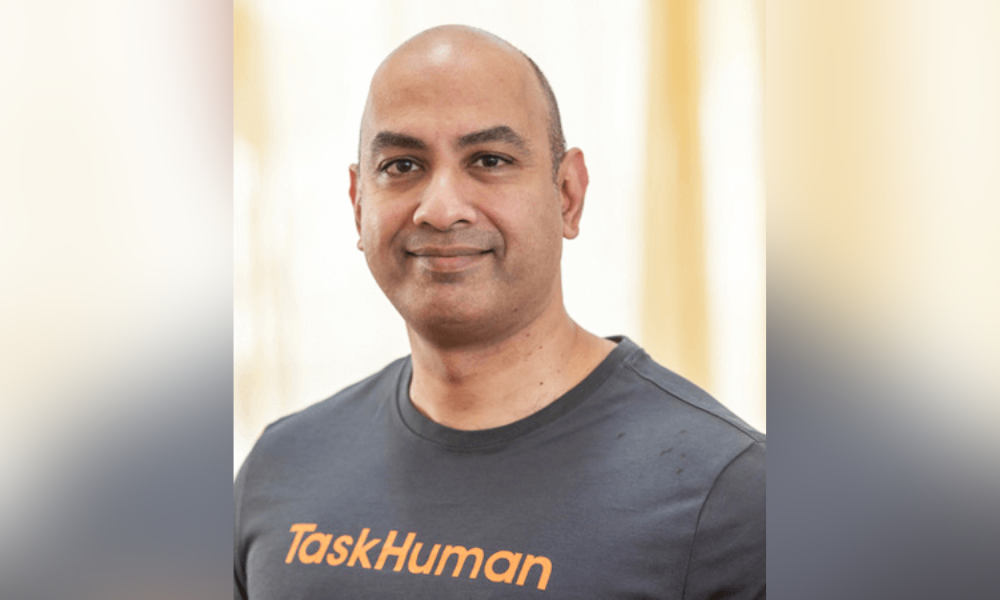
'Mental health means a lot of things to a lot of people'

More than two-thirds (68%) of American workers say thinking about current global events has a negative impact on their mental health, according to a recent study by Blueboard, a San Francisco-based company that helps HR teams create rewards and recognition programs.
Can you blame them? The COVID-19 pandemic, Russia’s invasion of Ukraine, school shootings, the Buffalo supermarket massacre, the Supreme Court overturning Roe v. Wade, historic inflation, the list goes on and on. And now we’re on the precipice of another recession. It’s all weighing on people’s minds, and that’s on top of the struggles they face at work.
Listen: 4 ways companies will see ROI by investing in mental health
“Mental health means a lot of things to a lot of people,” Ravi Swaminathan, founder and CEO of TaskHuman in Palo Alto, CA, told HRD. “Mental health isn’t just about suicide and depression, which are two important topics and certainly a portion of the population feels those right now, but mental health is also about your holistic self.”
Lack of sleep, stress due to family issues, physical ailments, all of these things can impact your mental health. Swaminathan urges HR leaders to check in on their employees, asking them how they’re feeling and what they’re going through to get a sense of their mental well-being.
“Take a broad approach to mental well-being,” Swaminathan says. “Explore areas of your employees lives that you as a company want to help with.”
It’s crucial that companies step in to care for their employees, especially during the Great Resignation. Nearly 70 million Americans have quit their job over the past year, according to the U.S. Bureau of Labor Statistics. Prompted by the pandemic to re-evaluate their priorities in life, employees have been leaving their positions for greener pastures, demanding higher salaries, better working conditions, improved work-life balance and more opportunities to advance their career.
As a result of the Great Resignation, the scales have tipped in favor of employees. It’s a matter of supply and demand: with so few skilled workers available on the market, employers are having to bend over backwards to accommodate workers’ needs and fill positions. To combat the nationwide staffing shortage and compete for talent, employers are forced to increase their compensation and benefits packages beyond the traditional healthcare, dental, vision and 401(k) offers.
Swaminathan explores what benefits and perks your company should offer employees in the latest episode of HRD America Talk.